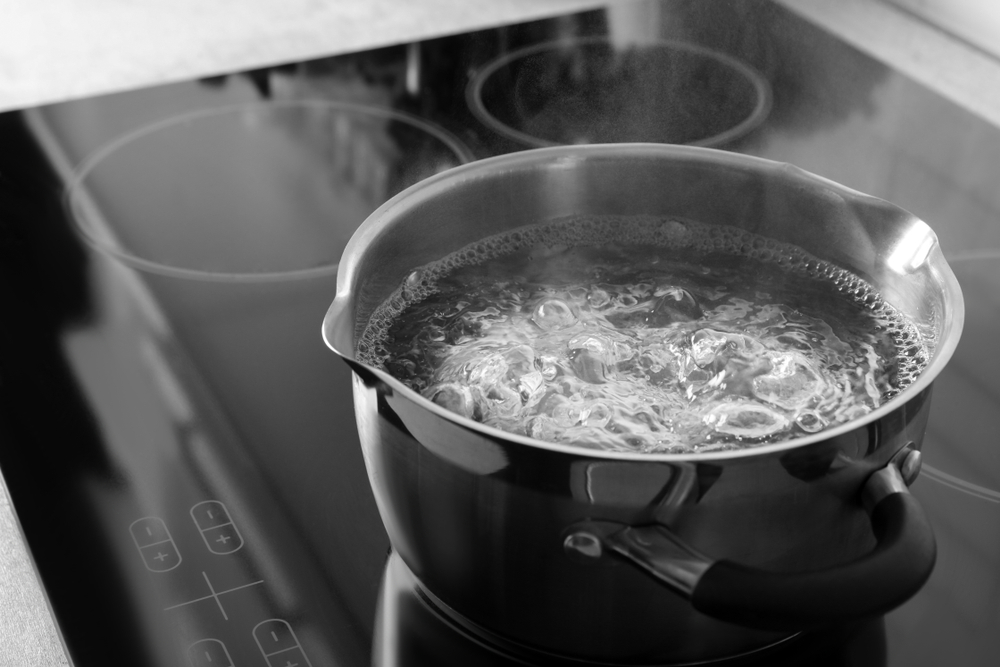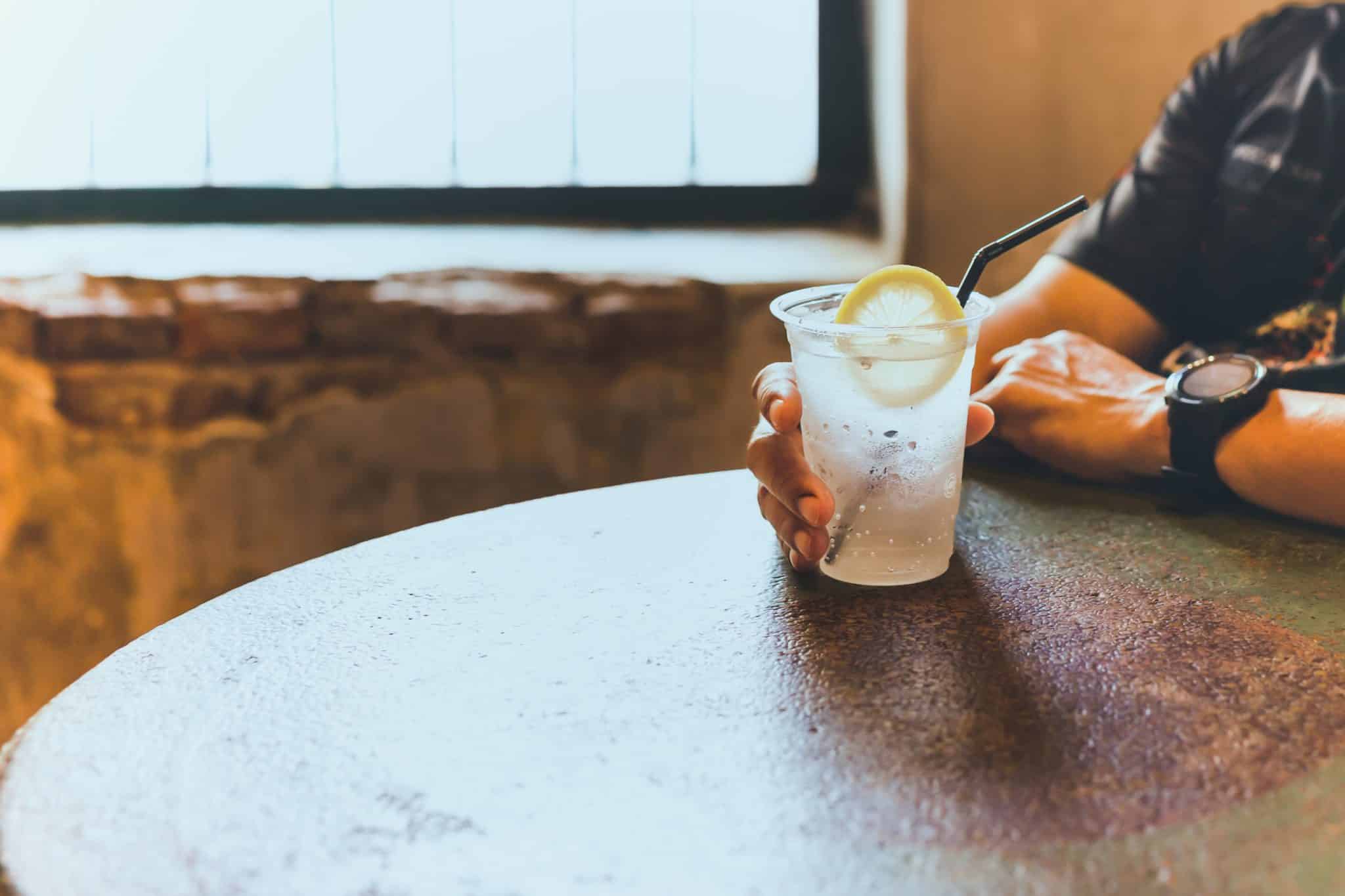Image Credit: New Africa/Shutterstock.com
On February 28, a groundbreaking study published in *Environmental Science and Technology Letters* revealed that boiling tap water for five minutes can significantly reduce the presence of microplastics, achieving a reduction rate of up to 90%. This finding addresses growing concerns about the contamination of drinking water with microplastics, which are tiny plastic particles measuring less than 0.2 inches.
Microplastics have become a ubiquitous issue, contaminating not only tap water but also oceans, bottled water, and even the human body. While the World Health Organization has acknowledged the prevalence of these particles, research on their health impacts remains inconclusive. Some studies suggest that certain plastics, like polystyrene, may cause various health issues, including cell damage and inflammation.
The study investigated the effectiveness of boiling water, a common practice in many Asian cultures, as a method to eliminate nano/microplastics (NMPs) from drinking water. Researchers tested tap water samples containing common minerals alongside three typical microplastic compounds: polystyrene, polyethylene, and polypropylene. The results indicated that boiling the water led to a substantial decrease in microplastics, particularly in harder water, where calcium carbonate solidified at higher temperatures and trapped the plastic particles.
This research introduces a practical two-step approach to tackle microplastic contamination: boiling followed by filtering. The initial boiling step drastically reduces the amount of microplastics, and using a basic coffee filter afterward helps remove any hardened calcium, enhancing the overall effectiveness of the method.
As concerns about microplastics in drinking water continue to escalate, this study offers a simple and cost-effective solution for households looking to reduce their exposure to these potentially harmful contaminants. By incorporating boiling and filtering into their water preparation routine, individuals may take proactive steps to safeguard their health against the risks posed by microplastics.
Check out the original article here: Source link



